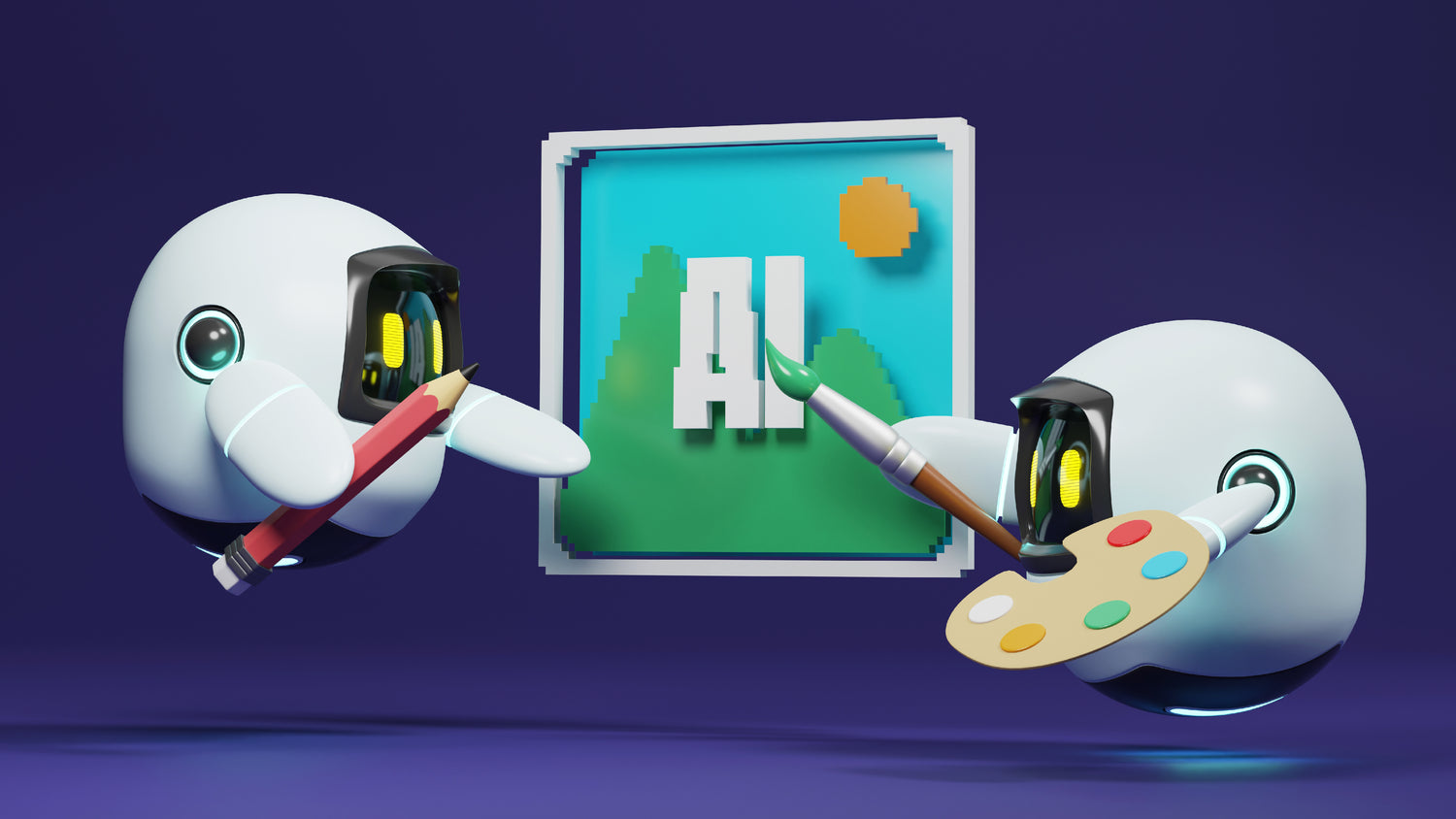Electronics for Beginners: Create Circuits and Projects
Electronics for Beginners: Create Circuits and Projects
Share
 2x per week
2x per week
 Live video meetings
Live video meetings
 Completed by 344 learners
Completed by 344 learners
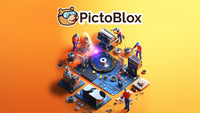
Electronics for Beginners: Create Circuits and Projects
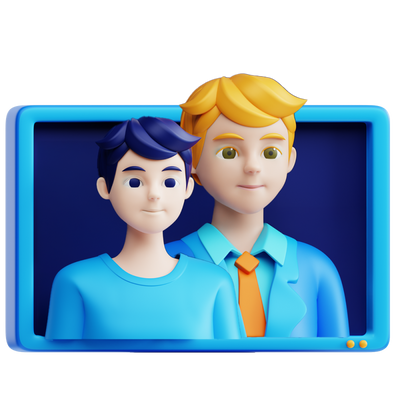
For ages 6-8
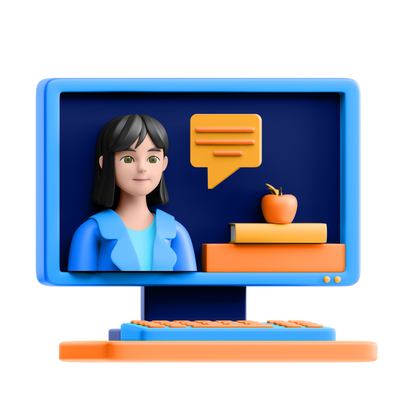
Includes 15 classes
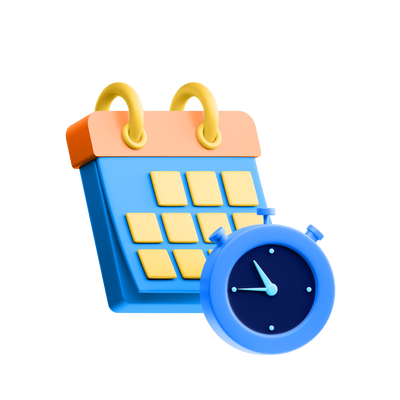
1-hour session



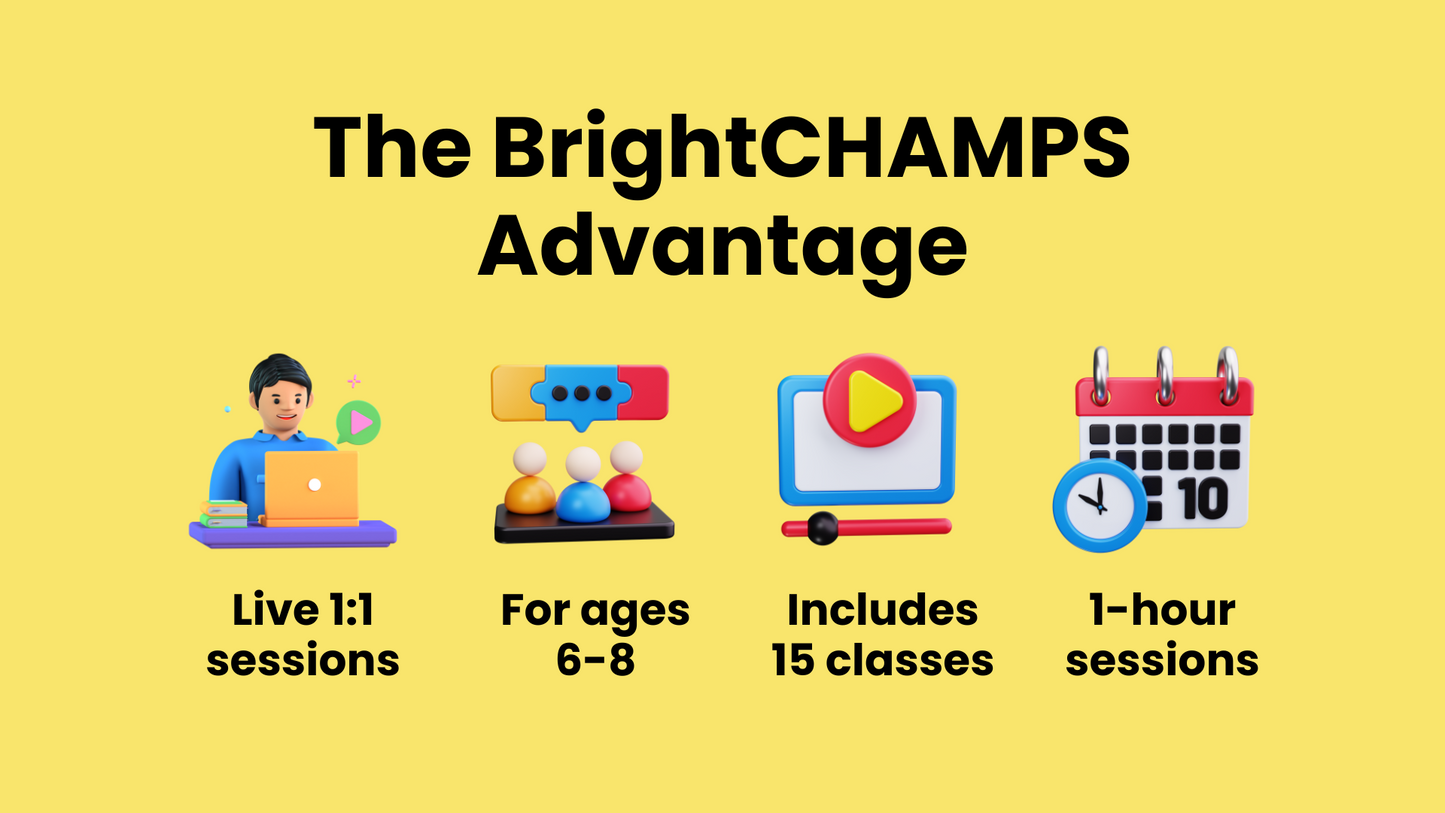
Course Description
This course guides students through hands-on electronics projects, covering foundational concepts in circuit design, components like LEDs and buzzers, and energy sources like solar panels. Engaging projects such as creating a torch, water level indicator, and buzz wire game help students learn practical applications of electronics while building essential skills in circuitry, energy transformation, and troubleshooting.
The course includes the Electronics Elite kit, featuring 15+ DIY projects that explore circuits, motors, and LEDs. With real electronic components, students will enhance their problem-solving skills—ideal for budding engineers!
-

Live 1:1 sessions
-

For ages 6-8
-

Includes 15 classes
-

1-hour session
Konten yang dapat ditutup
Curriculum Outline
Lesson 1: Make Your Own Torch
Build your first simple circuit by creating a torch. Learn the basics of circuit connections, LEDs, batteries, and resistors.
Lesson 2: LED Ladybug
Create a circuit with resistor protection to limit current flow, understanding the role of resistors in preventing LED burnout.
Lesson 3: LED on its Adventure
Design a traffic controller using parallel and series circuits, learning how each circuit type manages power differently.
Lesson 4: Sound Machine
Control the loudness of a buzzer using a potentiometer, exploring sound generation and volume control.
Lesson 5: Build Fan Regulator
Construct a fan circuit with speed control, discovering the concept of motors and RPM (revolutions per minute).
Lesson 6: Motor vs Buzzer
Learn Kirchhoff's laws and understand current division in circuits with multiple branches.
Lesson 7: Summer Times
Power LEDs and motors with a solar panel, introducing the concept of solar energy and renewable power sources.
Lesson 8: Treasure Detector
Build a metal detector to differentiate between conductors and insulators, understanding the properties of metals and non-metals.
Lesson 9: Intruder Alert
Create a basic intruder alert system using the principles of short circuits, applying it as a security mechanism.
Lesson 10: Water Level Indicator
Construct a water level indicator, learning about water conductivity and how it can be used to create closed circuits.
Lesson 11: Transformation of Energy
Explore how energy transforms from one form to another in electronic circuits, gaining a foundational understanding of energy conservation.
Lesson 12: Ambulance Siren
Create an ambulance siren sound circuit, learning about sound modulation and types of materials based on conductivity.
Lesson 13: Multicolor House
Design a multicolor lighting circuit using RGB LEDs, learning how to create different colors by mixing light.
Lesson 14: Buzz Wire Loop - Part 1
Begin constructing a buzz wire loop game, applying various electronic concepts to create a fun, interactive game.
Lesson 15: Buzz Wire Loop - Part 2
Complete the buzz wire game, fine-tuning electronic components to create a fully functional circuit-based game.
Tangible Outcome
Upon completing this course, students will have created multiple electronic devices and circuits, including a torch, intruder alert, water level indicator, and buzz wire game. They will gain a strong understanding of circuit design, component functions, and energy transformation, preparing them for further exploration in electronics.
Skills Honed
- Basic Circuit Design and Safety: Learn the fundamentals of circuit building, including how to safely connect components like LEDs, resistors, and batteries.
- Understanding Electronic Components: Gain hands-on experience with components like buzzers, motors, solar panels, and RGB LEDs, and learn their applications.
- Energy Transformation and Renewable Energy: Explore how energy transforms within circuits and use renewable energy sources, like solar panels, to power devices.
- Problem-Solving in Electronics: Develop troubleshooting skills for circuit design, understanding issues like short circuits and current division.
- Practical Application of Electronics: Apply electronic concepts to real-world projects, from creating a water level indicator to designing a game, making electronics accessible and fun.
You Might Also Like
-
Contoh judul produk
Harga reguler $19.99 USDHarga regulerHarga satuan / per -
Contoh judul produk
Harga reguler $19.99 USDHarga regulerHarga satuan / per -
Contoh judul produk
Harga reguler $19.99 USDHarga regulerHarga satuan / per -
Contoh judul produk
Harga reguler $19.99 USDHarga regulerHarga satuan / per

BrightCHAMPS has formed a strategic collaboration with Harvard Business Publishing Education to integrate their esteemed content into our curriculum. Kids will get access to interactive Harvard ManageMentor® online courses on the website.
